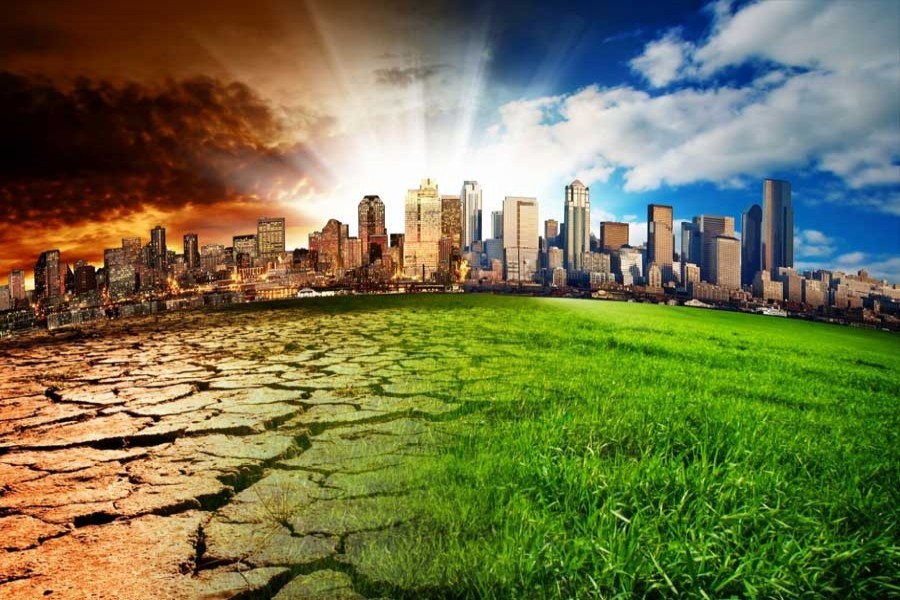A United Nations (UN) expert said states must accelerate action to address climate change - from solar electricity to climate-friendly agriculture practices - or risk locking in decades of grave human rights violations.
UNB says citing a statement the release of a new scientific report from the Intergovernmental Panel on Climate Change (IPCC), David R. Boyd, the UN Special Rapporteur on human rights and the environment, said climate change rated as one of the greatest threats to human rights.
The IPCC is an intergovernmental and scientific body mandated to provide objective, scientific assessments of climate change and its impacts.
The IPCC report released on Monday illustrated the pathways to limit global warming to 1.5 degrees Celsius above pre-industrial temperatures and the impacts of this magnitude of change.
"Climate change is having and will have devastating effects on a wide range of human rights including rights to life, health, food, housing, and water, as well as the right to a healthy environment," said he on Monday.
He said the world is already witnessing the impacts of climate change - from hurricanes in America, heat waves in Europe, droughts in Africa to floods in Asia.
Boyd said that for 25 years, scientists have issued increasingly clear warnings about the urgency of transforming economies and societies in cleaner, greener directions.
"There are scientific and feasible solutions to limit the damage," he said. "States, particularly wealthy nations with high emissions, must act now to meet their human rights obligations and not only fulfil but go beyond their commitments under the Paris Agreement."
The new report from the IPCC describes the challenges that humanity faces in the race to prevent potentially catastrophic climate change.
The IPCC report identifies plausible trajectories that would improve both human and ecosystem health. However, the IPCC warns that these positive outcomes will require "rapid, far-reaching and unprecedented changes in all aspects of society."
Keeping the temperature increase below 1.5 degrees requires urgent action to implement stronger policies and increase the level of ambition beyond commitments made under the 2015's Paris Accord.
The difference between a 1.5 degree increase and a 2.0 degree increase is "dramatic" and the latter would likely inflict human rights violations upon millions of people.
It would increase the frequency and intensity of extreme weather events from heat waves to super storms, decrease water availability and agricultural production in vulnerable areas, and increase the risk of "Hothouse Earth."


